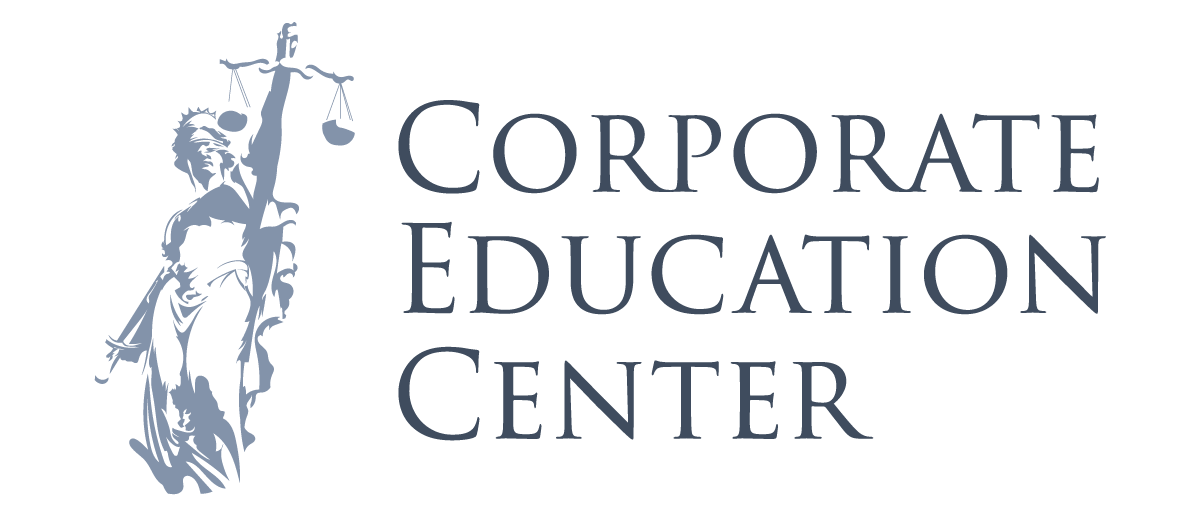Domains & Hosting
Many businesses are looking for a reliable and affordable hosting space. When you start a website, you typically need more than just a domain name — you also need a space to store the files on the Internet, where others can access them. A domain identifies your website, whereas web hosting is what it runs on.
A domain name is the unique name or keyword that people search in order to find your website and is also the directory on the web that contains all of your website files. Hosting is a way to store those files so they are available to those who visit your sites. Although many hosting services offer a domain name as part of their packages, the two are not synonymous.
Unlike many other businesses that are strictly brick-and-mortar, it is possible for small business owners to start out online. Many sites allow you to register a domain name and buy website hosting space online, regardless of whether or not you have a physical address. If you want to be able to attract customers who live in a particular area, then hosting your site with an internet service provider that is located in that area is essential.
The Basics:
Domain vs. Hosting When starting a new website or blog, it’s easy to get caught up in the technical details. You might have heard the term “domain” thrown around before, but what exactly is it? And what is “hosting” and why do I need it? In this article, you’ll learn the difference between a domain and hosting, why you need both and how they work together.
Domain – Your domain name or website address is the most important part of your online marketing plan because your domain name is the front door to your website. When someone types in a domain name into a web browser, it’s like the tiny URL under their mouse that links them to a web page, except this link leads directly to your website. You have to know your domain before you start building your site. In short, your domain is the address where anybody can visit your website via a standard browser. The only difference between domains is that some domains are more valuable than others – i.e. triforce.io is more valuable than mynameismarco.com.
It may seem like a small detail, but your domain name is an extremely important part of your marketing efforts. Your website’s domain name is basically your online identity and what you will use to communicate with customers. It’s your online address, the answer to a direct question or the entryway into your business. The words used in your domain name are important as well. They show potential customers what kind of business you run, what it does, who you serve and how you help them.
Hosting – The term “web hosting” refers to a service that allows you to upload your website’s files to the internet. This is called web hosting because your blog or website resides on “hosting.” Think of it this way: You own a house and want to throw a party. In order to have a good time, you must provide food, drinks, entertainment and a place for your friends to sleep. This is similar to the role that web hosting plays in a blog or website. Web hosting services beget three vital pieces of functionality that your site needs if you plan on having an active presence online: bandwidth, storage and computing ability (or server space).
Say you’ve built your website, now it’s time to find suitable web hosting that meets your unique needs. Whether you have 2,000 or 2 million visitors a month, there’s a web host on the market that can cater to your demands. When evaluating web hosting providers, you will want to look at the offered features, price and overall customer support quality.
Conclusion:
The most important thing when it comes to hosting your website on the internet is choosing a service that’s reliable. When you’re reading reviews for internet service providers, keep an eye out for how often technical problems are brought up in the comments. Reading through a few of these comments will give you a good idea of what kind of support you can expect if something goes wrong down the road. Ideally, you should also look into independent verification like “Best Hosting Company Award” or “Readers’ Choice Award,” which can be found in the footer of some sites. These awards show that the provider has been vetted and approved by experts and people who have first-hand experience with their services. Another option that many site owners choose is going with two different hosting companies: one to host your domain name, and another to host your pictures, graphics and other web content on their servers.
Ultimately, the decision of whether or not to host your website on your own will depend on your needs. The pros and cons we have listed are only some of the considerations that you might take into account as you decide what hosting provider is right for you. We definitely recommend doing research, and drawing on the expertise of anyone who could help you make an informed decision. We hope that this article was helpful to you in getting a feel for what hosting is all about.
